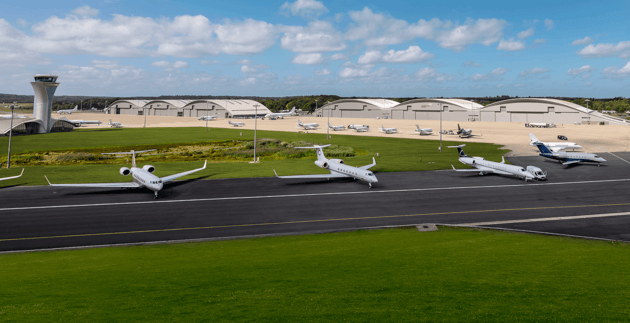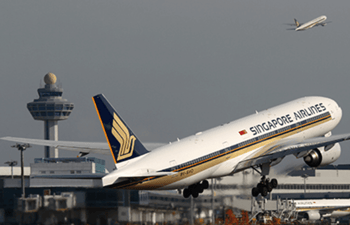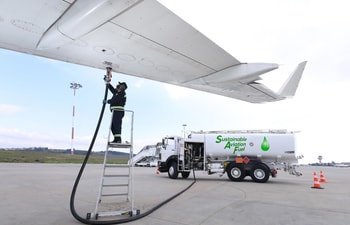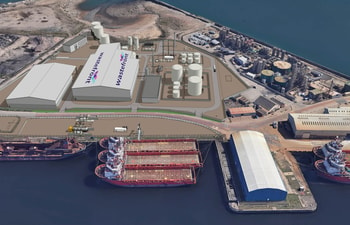The UK’s Farnborough Airport – synonymous with private air travel and with hosting one of the world’s leading aviation exhibitions – has signed a landmark deal with e-fuels developer Hydrogen Refinery for 12.5 million litres or 10,000 tonnes per annum of sustainable aviation fuel (SAF) produced locally from waste.
The Hampshire airport’s commitment strengthens its SAF credentials, having bought for resale more than 2 million litres of 38% blended SAF since 2021.
With the introduction of the UK SAF mandate taking effect at the start of this year, sales of SAF are already being put at risk by the lack of production and investment within the UK.
The UK and the EU have legislation-backed mandates on both the amount of SAF that must be used from January 2025 and also the way that SAF must be produced.
This is to ensure advanced fuels can be developed over time to support the required growth in SAF production without incentivising farmers to switch from growing food to growing SAF feedstocks.
SAF today is almost entirely produced from waste cooking oil or HEFA (hydro processed esters and fatty acids). However, Hydrogen Refinery’s specialist technology can produce carbon-negative SAF from a variety of mixed waste products, sourced locally or from landfill sites.
To date, SAF volumes have been too small to make a meaningful dent in aviation emissions but it is hoped with ongoing investment and technological developments that such fuels could make more ground commercially.
Simon Geere, CEO at Farnborough Airport, said Hydrogen Refinery’s patented technology had the potential to provide it with enough proprietary supplies of SAF to become the first airport to be offering fuel with a 20% blend across its entire supply by 2028, ahead of the UK government’s own target of 10% by 2030.
He added that it is “entirely consistent” with its ambitions to be an incubator for the advancement of sustainable technologies, as well as being a vital commercial enabler for kick-starting the domestic refining of SAF, at scale and in the UK.
“The transition to new fuelling technologies like this requires markets like ours which are able to sustain the higher upfront investment costs necessary to make things happen,” he said.
“Farnborough Airport is in a unique position to advance this technology given the smaller-modern aircraft which we handle and the significant economic value of the flights we support.”
In 2024, Farnborough Airport was awarded Level 4+carbon accreditation status by the Airport Carbon Accreditation (ACA) scheme. It is one of only five UK airports and the only business aviation airport to achieve such recognition.
Stephen Voller, CEO at Hydrogen Refinery, said waste such as mixed plastics and municipal solid waste continues to rise despite efforts at recycling.
He said its plasma electrolyser system (PES) could process mixed waste, including airline passenger food waste, into SAF.
“This is not only a low-cost process but is also carbon-negative because the waste is processed without the emissions from incineration or landfill.”
The UK government has released an open consultation, which closes on 31 March, into how SAF development should be funded.






